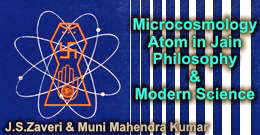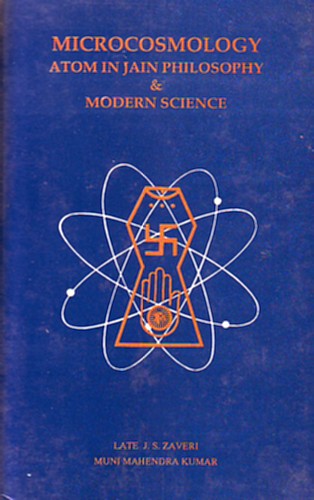
Pudgala - General Properties
Although the term avasthita is generally a synonym of dhruva, etc., its meaning carries a profound significance. It means that pudgala never becomes a non-pudgala. [Prav. Sar. 2/3]
Now, we have been repeatedly saying that Jains emphasize the 'persistence-through-change' as the fundamental nature of a real, and therefore, pudgala must positively be subject to change. But the term 'change', generally, refers to 'the process of differentiation, slight or great, in appearance or essence.' Hence, the term avasthita does not deny the mutability of pudgala in its own modifications but denies the transmutability into another non-pudgala substance. That is to say - pudgala does persist through modes, but is always eternally pudgala. It can never absolutely be destroyed nor be absolutely transmuted i.e. it can never become non-pudgala.
Thus, although certain groups (vargana) of aggregates of pudgala intimately interact with and are attracted, taken in and transformed (but not transmuted) by the conscious substance (jiva); at no time, do these groups lose their own identity and they remain eternally pudgala. In short, pudgala is mutable, but not transmutable.
 Jethalal S. Zaveri
Jethalal S. Zaveri
 Prof. Muni Mahendra Kumar
Prof. Muni Mahendra Kumar

